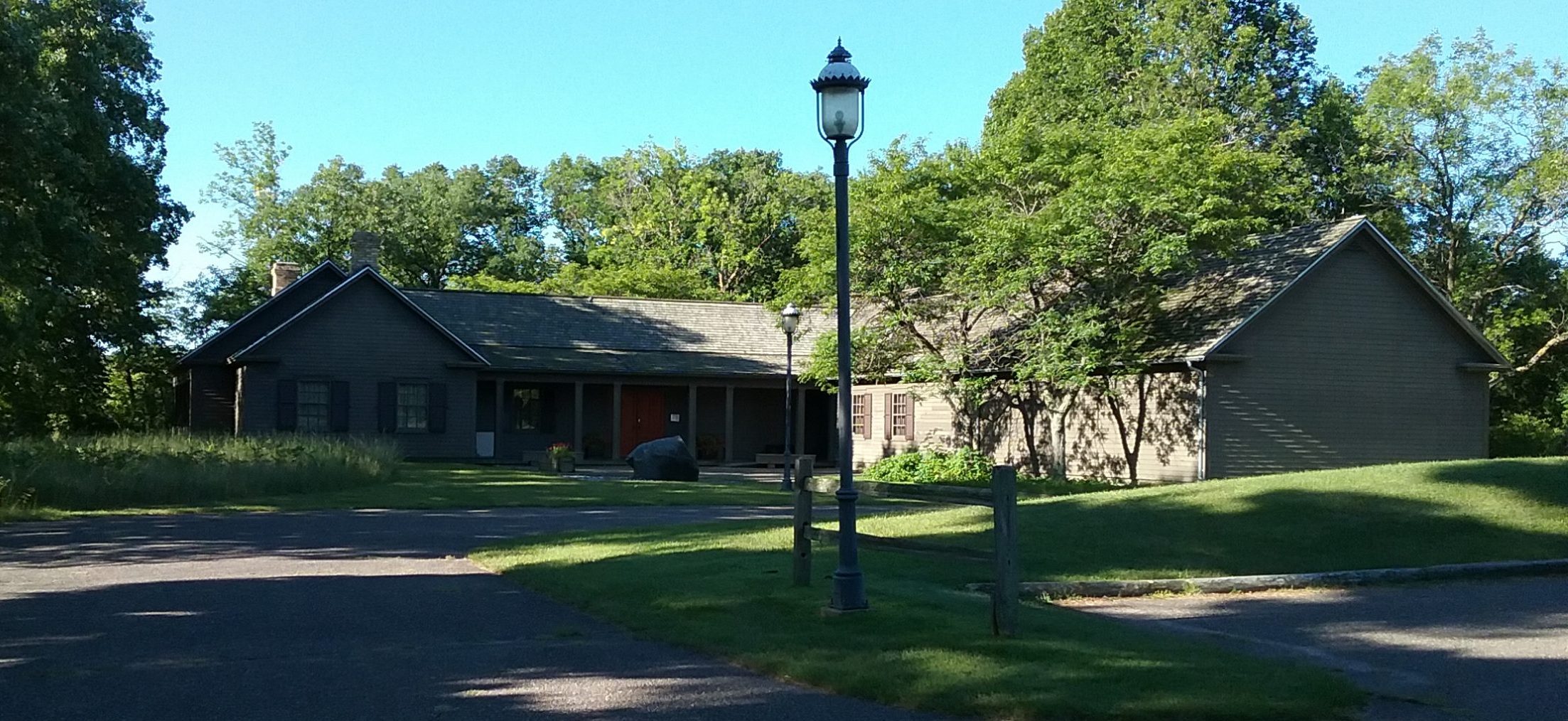Article for MCHS newsletter, Vol. 22, No. 4, 2009
***
Do you ever think about air? Do you think about it continually, like every time you take a breath? Or, do you think about it occasionally, when your nose is stopped up or the atmosphere is full of smog? For asthmatics and deep sea divers, I’d wager air is a primary concern, but for the majority of us, air is easily taken for granted. It’ll be there when we need it … until it’s not.
Local historical organizations are, in some respects, like air. Sure, they may not be as necessary to your day-to-day survival as air is, but they are easily taken for granted. Their staff and volunteers quietly go about the business of collecting and preserving local history, arranging documents and artifacts into retrievable units for study. Long-term staff, board members, and volunteers acquire an overview of an area’s history that can be difficult to come by elsewhere.
You might argue that a particular individual within the community has the most comprehensive collection of old-timey gewgaws you have ever seen and this individual can tell you everything there is to know about them and the rest of the community. No need for a historical society when there’s a Joe Historyheimer around. Except that Joe Historyheimer won’t be around forever and, as an individual, he has no obligation to share his gewgaws or the local history in his noggin with you or anyone else.

That sharing of history is a critical part of the mission of local historical organizations; they achieve their nonprofit tax-exempt status by their service to the public. Without the educational component, they may as well be a curmudgeonly version of Joe Historyheimer.
All of this means that when you have a question about the business your ancestor operated in town, or you want to find out the birth date of your great-grandmother on your father’s side, or you’re curious about the only legal hanging in your county, there’s a place you can turn to look for answers. That is … if your area is served by a local historical organization.
Of course it is! It’s like air! Always there! Isn’t it? Until it’s not.
Case in point: the Minnesota Discovery Center, formerly known as Ironworld Discovery Center, in Chisholm, Minnesota. Due to a loss in endowment income during the current recession, the Minnesota Discovery Center was forced to close on November 20, 2009. The Ironworld Development Corporation, which operates the center, is examining its options.*
As the Minnesota Discovery Center houses a research library devoted to the history of northeastern Minnesota, including its extensive iron mining industry, the closing of the site caused a collective shudder within the larger Minnesota history community. Most of the state’s historical organizations operate with slim budgets even under good economic circumstances. This could happen to any of them.
The Morrison County Historical Society (MCHS) has not been immune from the general loss of revenue many are suffering during this Great Recession. We watched our endowments drop in value when the stock market took a tumble. (They are on the rise again, but will take time to recover to previous levels.) The state’s budgetary woes, which have been visited upon local units of government, have in turn caused our county allotment to be reduced. (We are incredibly grateful that the allotment has not been cut altogether.) Further, we are witnessing a drop in memberships – a few each month within the past year. We are currently dipping into reserves to cover general operating expenses, a tenuous situation that cannot last indefinitely.
The good news is that MCHS has a board and staff that pay close attention to the organization’s financial situation. We also have supportive members and friends who have helped MCHS pull through other tough times within its seventy-three-year history.
MCHS is very much a collective endeavor, even though it may seem to operate as a perpetual motion machine, chugging silently in the background. As there is no such thing as a perpetual motion machine, every so often MCHS needs a push and now is the time. You can help us by asking your family members and friends to become members. (We’ll even send extra membership envelopes upon request to make this more convenient.) You can also help by adding a donation to your membership dues. (Thanks to those who already do this.) Most importantly, you can serve as cheerleaders for MCHS and the Weyerhaeuser Museum by telling others about our incredible local history resources and the services we provide. Point out that what we offer is as critical to the health of Morrison County as air is to human beings.
By Mary Warner
Copyright 2009, Morrison County Historical Society
*Notably, it was the research center portion of the Minnesota Discovery Center that was slated to reopen first, but as of this writing, those plans have been put on hold.

One Reply to “So We’re Here When You Need Us”